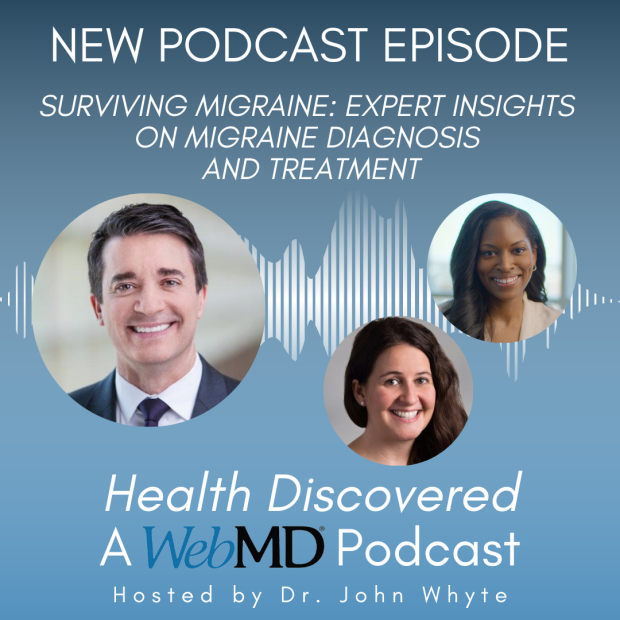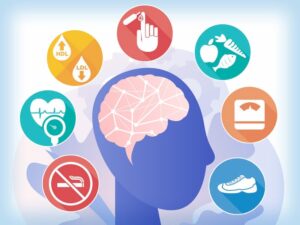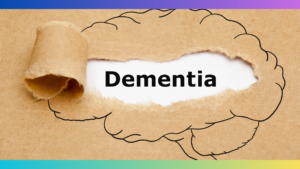Physical Address
304 North Cardinal St.
Dorchester Center, MA 02124

Vascular dementia treatment focuses on controlling symptoms and slowing disease progression. Common options include medications for associated conditions, lifestyle changes, and supportive therapies.
Understanding the complexity of vascular dementia treatment is crucial for patients and their caregivers. This form of dementia arises from impaired blood flow to the brain, so managing underlying conditions like high blood pressure, diabetes, and high cholesterol is paramount.
Medications such as aspirin or anticoagulants may be prescribed to prevent further blood clots. Alongside pharmacological interventions, adopting healthy lifestyle practices—such as a balanced diet, regular exercise, and smoking cessation—plays a significant role in treatment. Supportive therapies, including cognitive rehabilitation and speech therapy, can help maintain mental function and communication skills. Engaging in these treatments early and consistently can enhance quality of life and independence for individuals dealing with vascular dementia.

Vascular dementia is a decline in thinking skills. It happens when the brain’s blood flow is damaged. Let’s dive into what this means for those affected.
Vascular dementia is brain damage from reduced blood flow. People with this condition may notice:
Your brain needs blood to work right. Blood carries oxygen and nutrients. If blood flow drops, brain cells can die. This is what leads to vascular dementia.
Vascular dementia has several stages. Early stages might show mild confusion. Later stages can mean more memory loss. Each person’s journey is unique.
| Stage | Symptoms | Impact |
|---|---|---|
| Mild | Small memory lapses | Might still function well |
| Moderate | Noticeable memory gaps | Needs help in daily tasks |
| Severe | Large memory loss | Depends on others for care |
When a loved one shows signs of vascular dementia, the quest for effective treatment options becomes paramount. Conventional treatments aim to enhance cognitive function and manage symptoms. Working with healthcare providers ensures the best outcomes.
Medications are a cornerstone in managing vascular dementia. They focus on slowing cognitive decline and improving quality of life. Medication regimens often include:
Cognitive enhancers, like donepezil or galantamine, may also be prescribed. These support neurotransmitter activity in the brain.
Structured exercise and rehabilitation programs help with mobility and cognitive function. Specialists develop tailored routines that include:
Consistency in these routines is key for noticeable improvement.
Sometimes, surgical options are necessary to address the root causes of vascular dementia. Common surgical treatments include:
| Surgical Procedure | Purpose |
|---|---|
| Carotid endarterectomy | Clears blocked carotid arteries. |
| Angioplasty | Opens narrowed arteries. |
| Bypass surgery | Creates new blood flow pathways. |
These procedures, while more invasive, can greatly reduce the risk of further brain damage.
The fight against vascular dementia includes a range of innovative and supportive care options. These treatments and strategies help manage symptoms. They aim to improve quality of life. Let’s explore some of these groundbreaking options that are changing the way we approach this condition.
Joining clinical trials offers access to groundbreaking treatments. Researchers test new drugs and therapies in these trials. Patients have the chance to try the latest advancements in medical science. This can be a hopeful option for those seeking new solutions. Participation also contributes to important research that can benefit others.
Cognitive training programs are designed to strengthen the brain. They tap into the brain’s neuroplasticity, its ability to form new connections. These exercises often include problem-solving tasks and memory games which encourage the brain to adapt and improve its cognitive functions.
Making lifestyle changes can have a significant impact on managing vascular dementia. These changes include a mix of diet, exercise, and cognitive activities:
| Diet | Exercise | Cognitive Activities |
|---|---|---|
| Eat heart-healthy foods that support brain function. | Participate in regular activities that keep the blood flowing. | Engage in tasks that challenge the brain constantly. |
These elements work together to foster a healthier brain environment and delay the progression of the disease. Healthy eating can mean more fruits, vegetables, and omega-3 fatty acids. Regular physical activity enhances blood flow to the brain. Cognitive exercises keep the mind active and engaged.

Credit: med.stanford.edu
Vascular dementia demands a nuanced approach to care. Experts emphasize a regimented treatment plan. This involves medication, lifestyle changes, and cognitive therapies. Understanding these approaches is vital for patient support and wellness.
Effective management of vascular dementia requires a team effort. Doctors, nurses, therapists, and family members unite. They create a robust care plan. This targets the patient’s physical, emotional, and mental needs. It prioritizes quality of life.
Spotting signs early is crucial. It can slow progression and improve outcomes. Memory clinics play a key role. They offer assessments and strategies for early intervention. Family members should watch for symptoms. These include memory issues, confusion, or trouble with daily tasks.
| Symptoms | Action |
|---|---|
| Memory loss | Seek cognitive evaluation |
| Confusion | Review medications |
| Mobility issues | Consult a physical therapist |
Research is ongoing. It aims to find new, effective treatments. Clinical trials test drugs and non-pharmacological interventions. Lifestyle factor studies assess their impact on dementia. Advances in technology also offer hope. New tools assist in both diagnosis and treatment.
Navigating the emotional and social aspects of vascular dementia requires sensitivity and support. As families encounter this condition, it’s essential to approach treatment options that do more than address the physical symptoms. These options help sustain quality of life for both patients and caregivers, blending the medical with the emotional and social.
Facing vascular dementia is a journey no one should walk alone. Finding the right support is crucial. Support groups offer a space to share experiences and coping strategies. They provide comfort and camaraderie that can alleviate loneliness. Counseling gives tailored help to tackle personal challenges. It supports emotional health for both patients and caregivers.
Behavioral changes in vascular dementia patients can be one of the toughest aspects to manage. Patience and flexibility become key. Caregivers can learn techniques to handle mood swings and confusion. Skill-building workshops or sessions with a therapist can impart these strategies.
Preparing for the future is a critical step. Vascular dementia often leads to increased care needs over time. Early legal and financial planning ensures wishes are respected. It protects assets and plans for the possibility of long-term care. Families should consult with legal experts specialized in elder law and consider insurance options, wills, and living trusts.
| Planning Area | Focus |
|---|---|
| Legal Documents | Wills, Powers of Attorney |
| Financial Tools | Insurance, Trusts, Savings |
| Advisory Support | Hire experts in elder law |

Credit: www.prescouter.com
Recent advancements for vascular dementia include targeted medications to improve blood flow and cognitive rehabilitation therapies. Clinical trials are assessing the efficacy of new drug treatments and non-pharmacological interventions. Always consult a doctor for the latest treatment options.
The progression of vascular dementia varies; some individuals experience a rapid decline while others may deteriorate more slowly. Early diagnosis and treatment can impact the rate of progression.
Managing risk factors, such as high blood pressure, diabetes, and cholesterol, can slow down the progression of vascular dementia. Regular exercise and a healthy diet also contribute to slowing its progression.
To support someone with vascular dementia, encourage regular exercise, maintain a healthy diet, and keep mentally active. Set up a routine, provide safe environments, and stay socially engaged. Consult healthcare providers for personalized management plans and medication options.
Wrapping up, managing vascular dementia involves a multifaceted approach. Early diagnosis and proactive treatment can enhance quality of life. Lifestyle changes, medication, and support are key. Consult a healthcare provider to tailor a plan suited to individual needs. Remember, every step forward counts in this journey.

